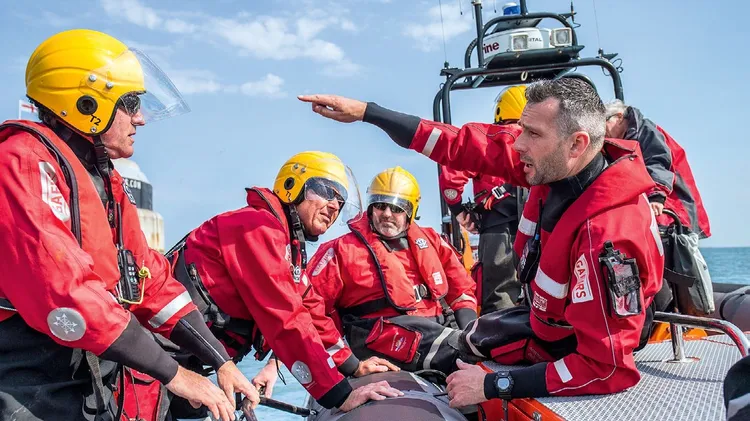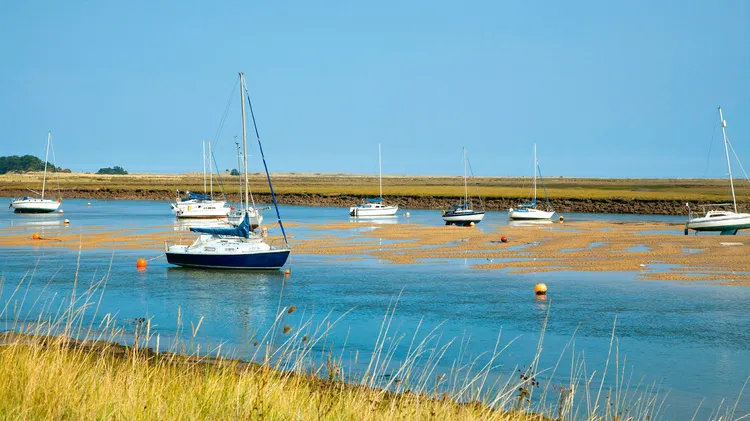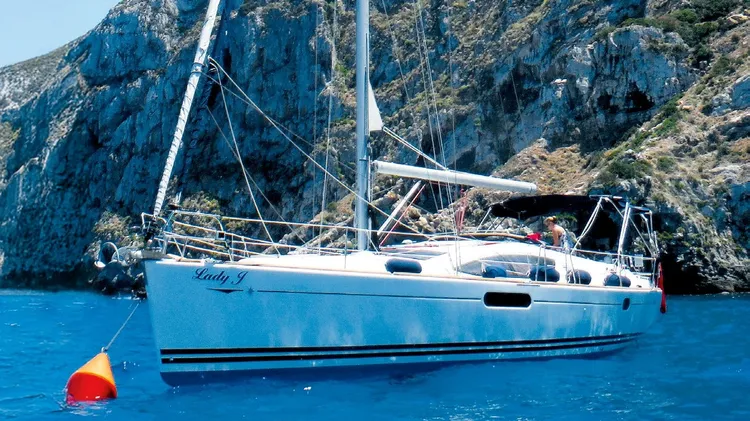By Greg Barradal
The culture wars can’t undo 200 years of quiet heroism and public gratitude
4 min read
This article is from...
Read this article and 8000+ more magazines and newspapers on Readly






